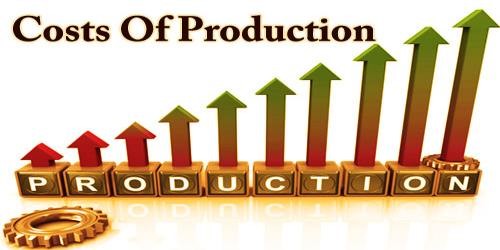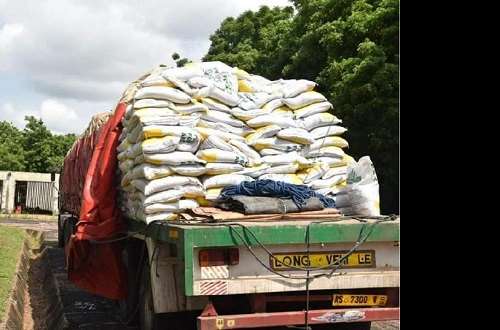The Association of Ghana Industries (AGI), is warning that prices of final goods will continue to rise if the high Producer Price Inflation rate in the country is not checked.
Data from the Ghana Statistical Service shows that the year-on-year producer inflation for all industries was 29.3 % in March 2022.

The 29.3 percent year-on-year producer inflation rate for all industries indicates that between March 2021 and March 2022, prices received by domestic producers for the production of their goods and services increased by 29.3 percent.
In March 2021, the producer price inflation rate for all industries was 13.0 %. The rate decreased to a record 10.9 % in April 2021 but increased to 11.8 percent in May 2021. The rate decreased continuously to a record 8.1 percent in August 2021. Subsequently, the rate resumes an upward trend to increase continuously to a record 29.3 % in March 2022.
The Manufacturing subsector, which constitutes more than two-thirds of the total industry, increased by 7.2 percent, recording the highest year-on-year producer price inflation rate of 36.0 percent.
In an interview with Citi Business News, the Greater Accra Regional Chairman of the Association of Ghana Industries (AGI), Tsonam Cleanse Akpeloo noted that if the rising prices of inputs are not checked it will lead to more manufacturers becoming importers.
“The rate of the producer price inflation is significant because what it means is that, by the time the cost of inputs goes up by the levels we’ve seen, it ends up affecting the entire production cycle, the cost of production, and the final price that goes to the final consumer. The reality is that the exchange rate instability we’ve witnessed in the past couple of weeks has been part of the reason for the hike in the price of inputs producers use, as most of our inputs are imported. In as much as there are external factors affecting prices in Ghana, the government needs to do its part to check the high price increases.”
“Now, the fact that importers of finished products are having to incur a lower cost of doing business, than those that have to import and manufacture, makes it unfriendly to produce locally. Very soon you may witness an increase in the importation of finished goods, and a decrease in the production of products locally, and that is certainly not good for Ghana,” he added.
Mr. Tsonam Cleanse Akpeloo further charged the government to review some taxes affecting producers, while taking a second look at the revised benchmark discount values policy as it makes it cheaper to import than produce in Ghana.








